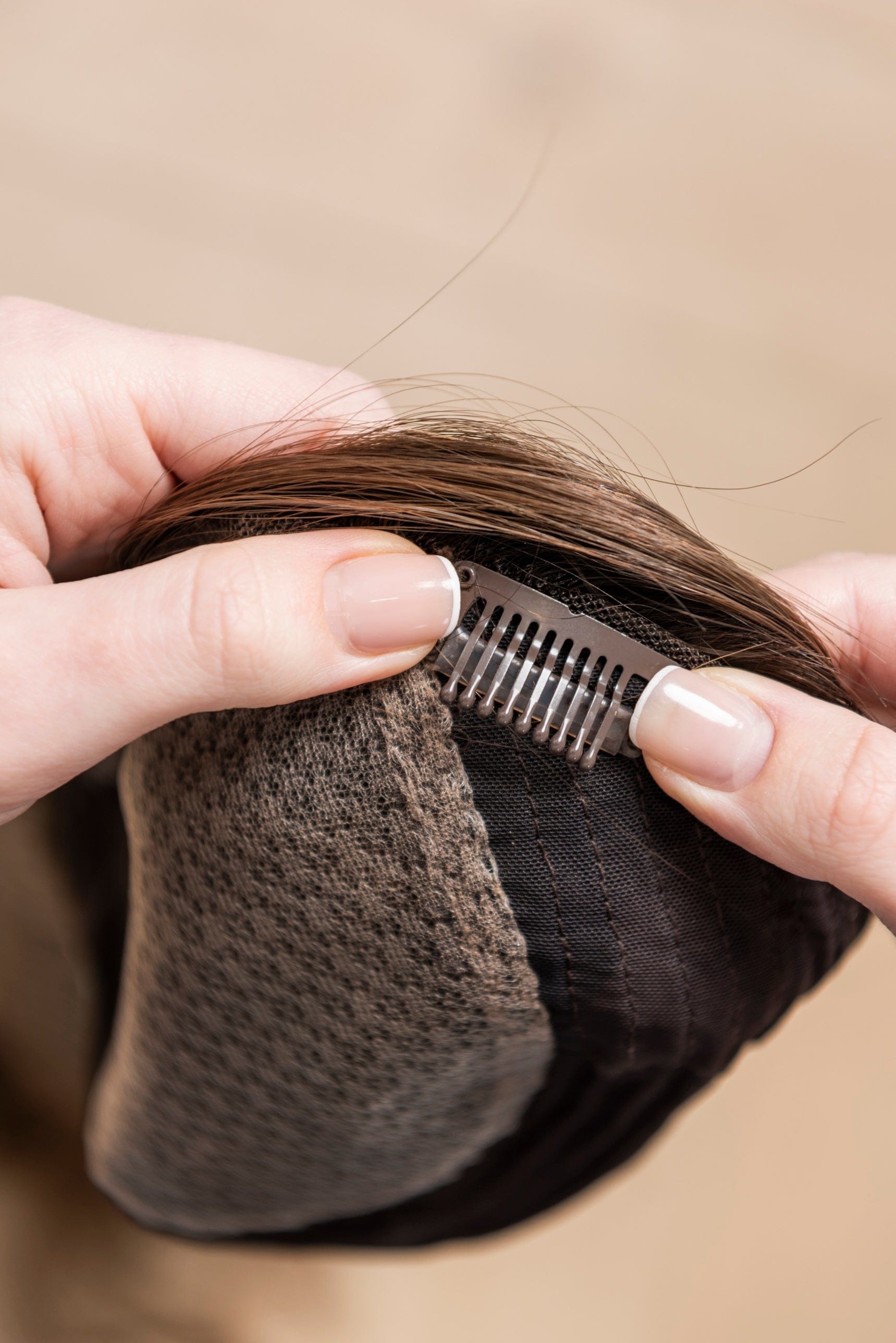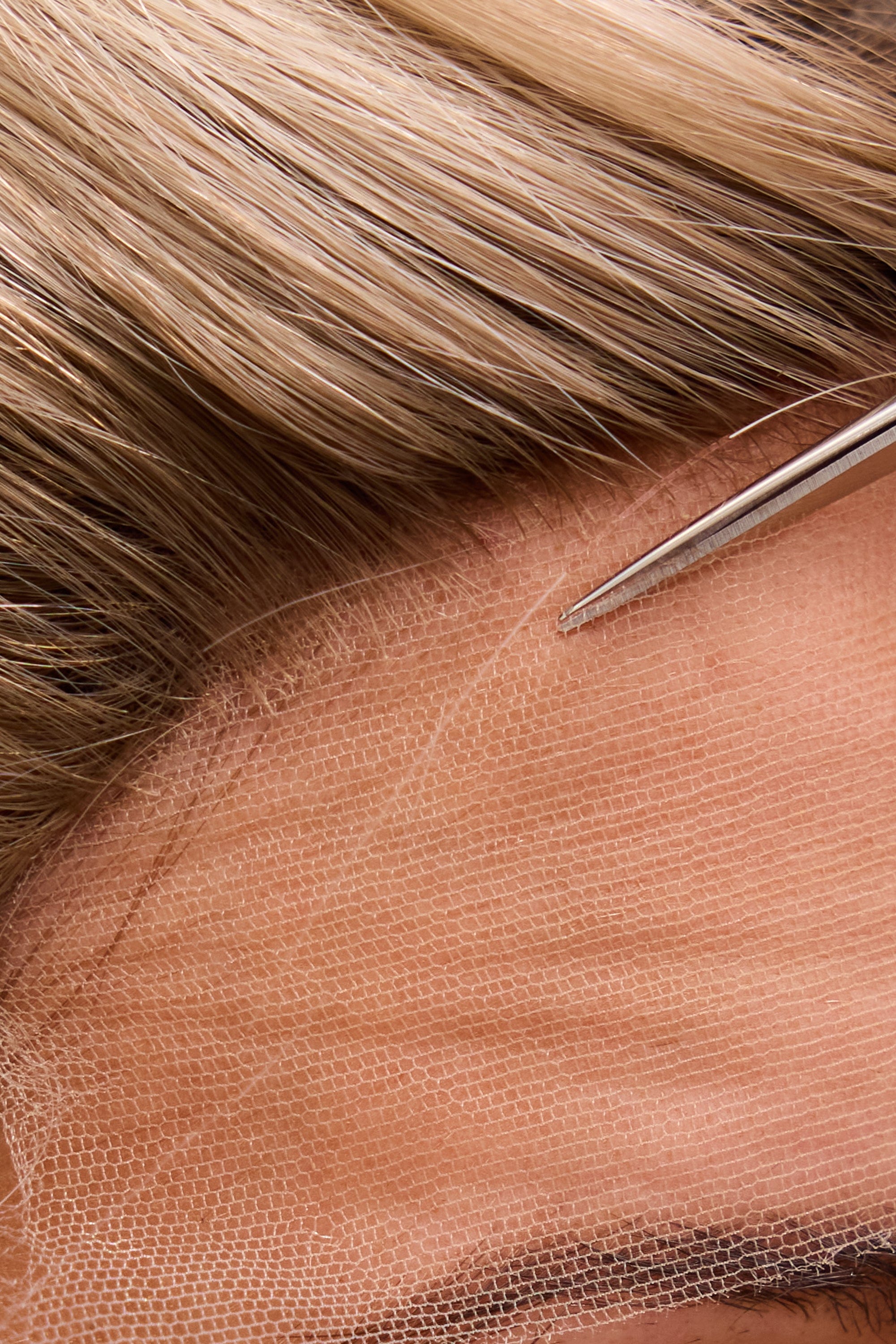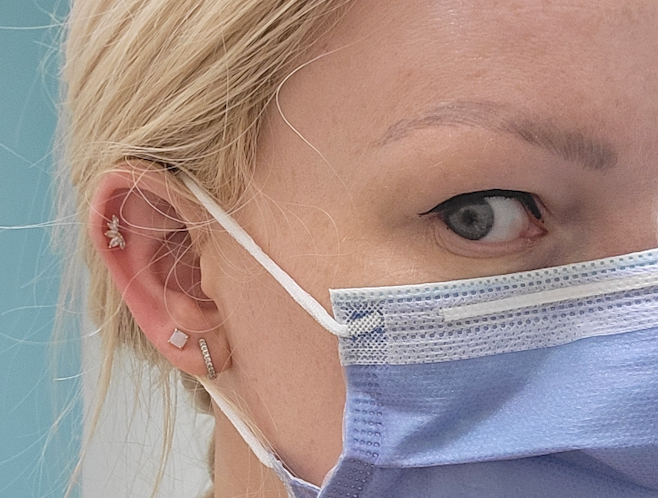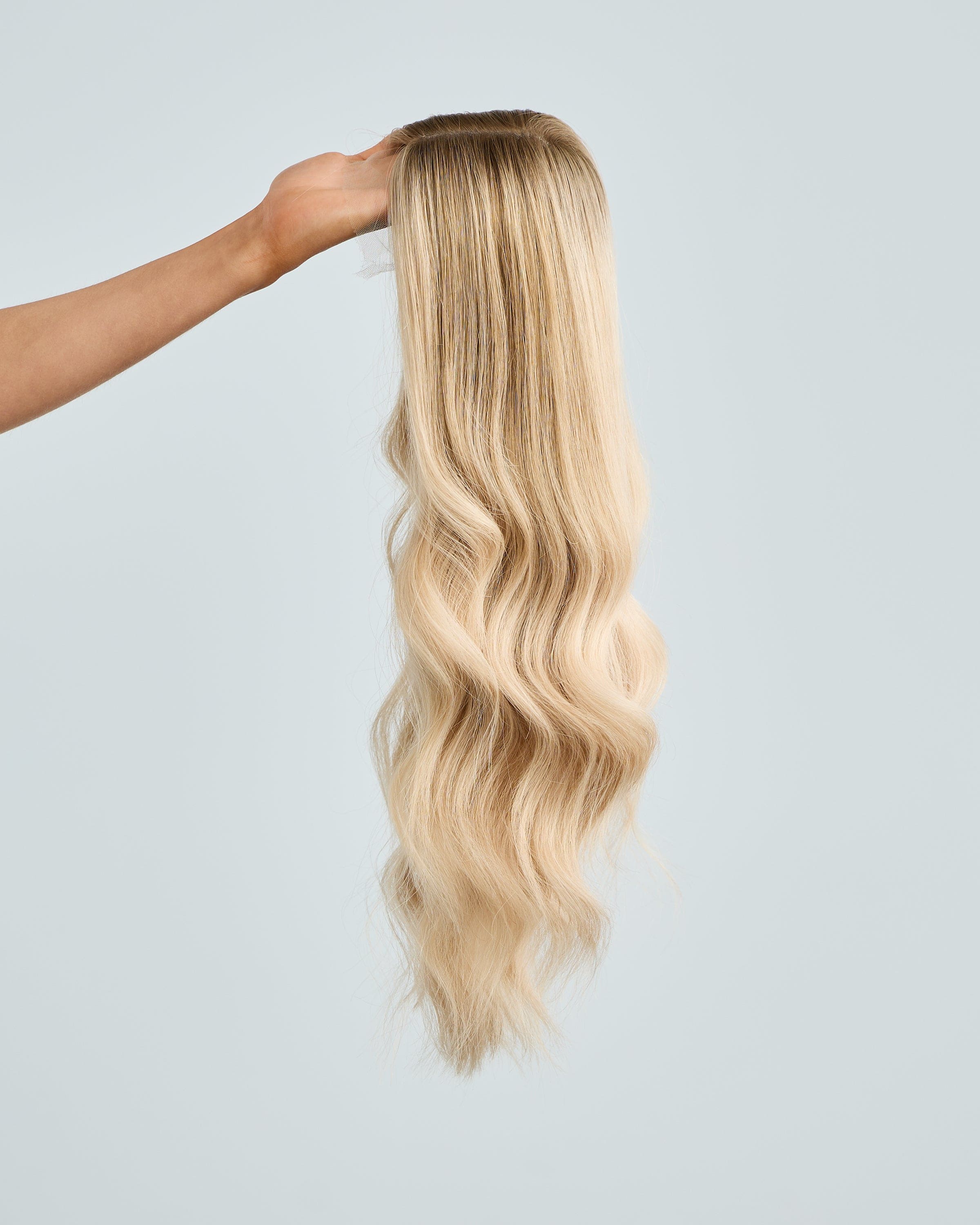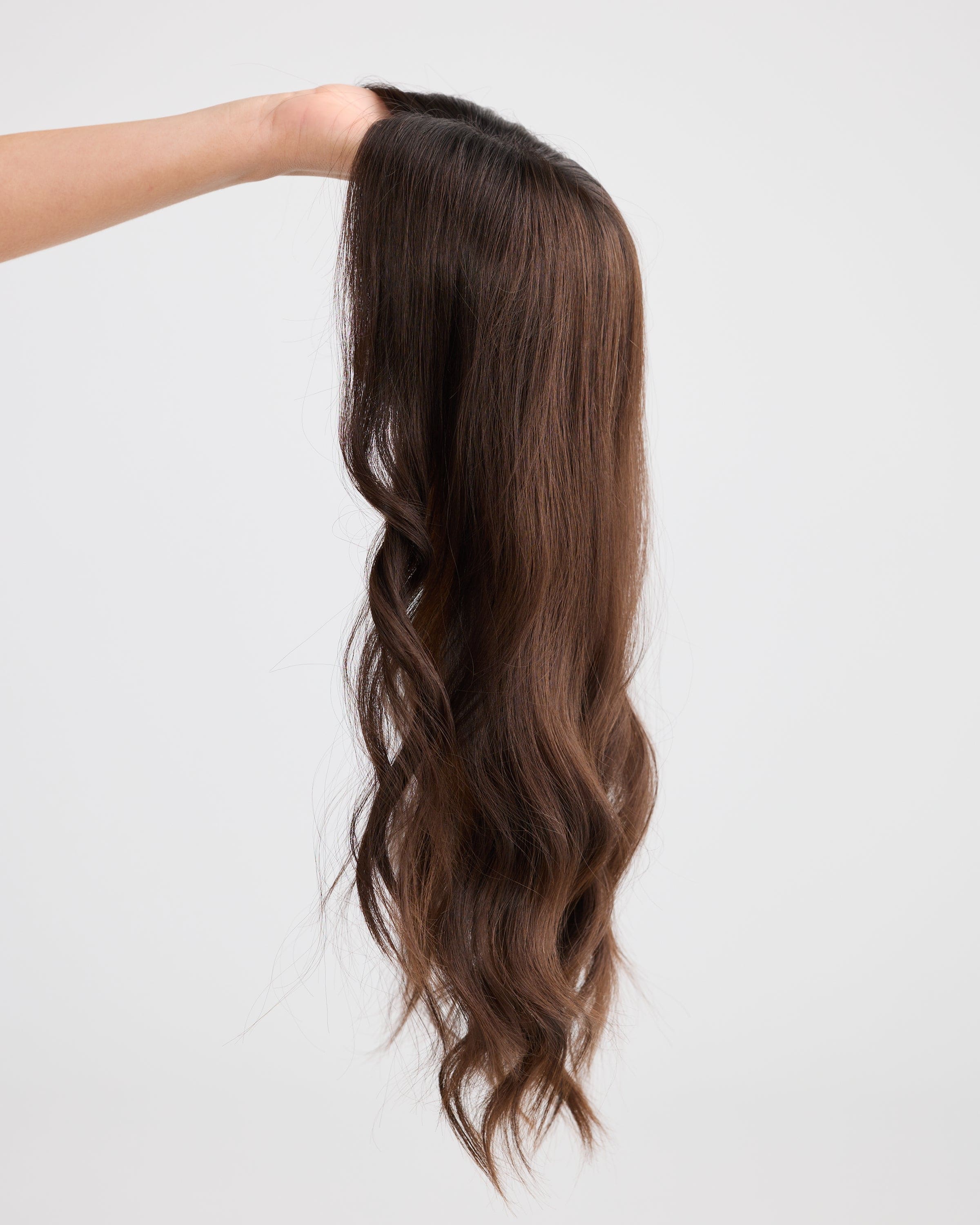In the ever-evolving narrative of the COVID-19 pandemic, an intriguing subplot has emerged: the unexpected connection between the virus and hair loss. While COVID-19 is primarily known for its impact on respiratory health, it's becoming increasingly clear that its effects can extend far beyond the lungs. Let's delve into the scientific insights that unravel the mystery of how COVID-19 might be contributing to hair loss.
The Stress Factor: Telogen Effluvium
One of the most significant ways COVID-19 contributes to hair loss is through a condition known as telogen effluvium. This is a temporary form of hair loss that often occurs after stress, a shock, or a traumatic event. The physiological stress from battling COVID-19 can push more hairs into the telogen phase, a resting stage where hairs are more likely to fall out. Typically, telogen effluvium manifests two to three months after the stressful event and can last for up to six months.
Immune Response and Inflammation
COVID-19 triggers an immune response in the body, which can lead to widespread inflammation. This inflammatory response can potentially disrupt the normal cycle of hair growth. The hair growth cycle consists of three phases: anagen (growth), catagen (transition), and telogen (resting). Inflammation can prematurely push hairs from the anagen phase into the telogen phase, leading to increased hair shedding.
Nutritional Deficiencies and General Health Impact
Recovering from COVID-19 can be a taxing process, often accompanied by nutritional deficiencies. The body might be deprived of essential nutrients required for healthy hair growth, such as proteins, vitamins, and minerals. Additionally, the overall impact of the illness on physical health can weaken the body, including the health of hair follicles.
Post-Viral Syndrome and Long COVID
Some individuals experience a prolonged recovery phase known as long COVID or post-acute sequelae of SARS-CoV-2 infection (PASC). This condition can include a range of symptoms, such as fatigue, cognitive impairment, and hair loss. The exact mechanisms are still under investigation, but it's believed that ongoing inflammation and immune dysregulation play a role.
Psychological Stress
We cannot overlook the psychological impact of the pandemic. Anxiety, depression, and stress related to COVID-19 – from health fears to economic uncertainties – can all contribute to hair loss. Psychological stress is a well-known trigger for conditions like alopecia areata, where the immune system attacks hair follicles.
What Can Be Done?
If you're experiencing hair loss post-COVID-19, it's crucial to consult a healthcare professional to rule out other potential causes and to receive personalized advice. In many cases, the hair loss is temporary, and hair growth resumes as the body recovers. Maintaining a balanced diet, managing stress, and ensuring overall health can also aid in the recovery process.
A lot of women are now turning to toppers and wigs as a solution, whether temporary or permanent, to their hair loss symptoms.
Conclusion
The connection between COVID-19 and hair loss is a reminder of the intricate ways in which major illnesses can impact various aspects of our health. As we continue to navigate these challenging times, understanding and addressing these less-discussed repercussions is vital for our holistic wellbeing. While the journey of recovery can be daunting, recognizing and responding to these symptoms is a step towards regaining not just our hair, but our overall health and normalcy.




